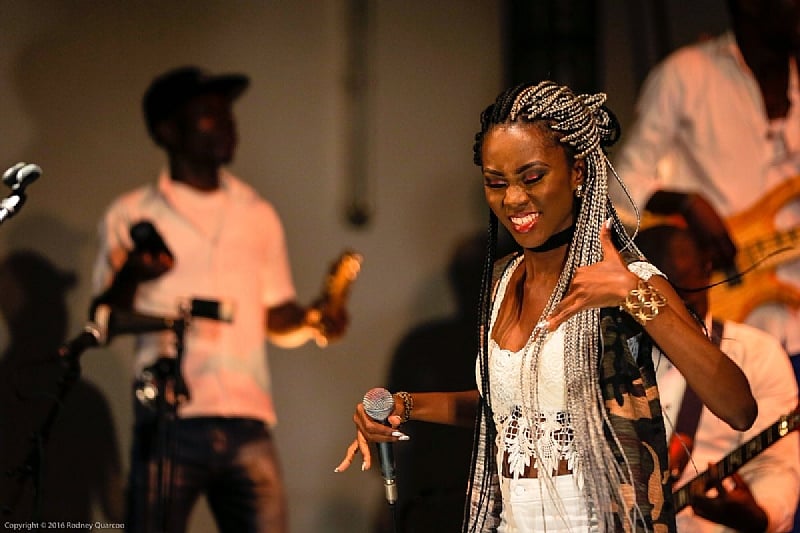The Ghanaian music scene pulsates with raw talent, a vibrant tapestry of rhythms, and lyrics that capture the soul of a nation. However, this rich musical landscape faces a stark reality: a disconnect between the abundance of creative genius and the mechanisms to effectively distribute and monetize it. Artists like the fictional Kwame Keys, whose music is described as captivating enough to “resurrect ancestors mid-slumber,” find themselves struggling to break through the digital noise, their potential stifled by systemic challenges. While their music resonates deeply within their local communities, reaching a wider audience and converting talent into tangible success remains an uphill battle. This disparity highlights a fundamental issue: in Ghana, talent is abundant, but the infrastructure to support and propel it onto the global stage is lacking.
The first major hurdle lies in the underperformance of local streaming platforms. While international giants like Spotify and Apple Music dominate the market, local platforms grapple with limited funding, inadequate promotion, and a user experience that often falls short of global standards. This creates a paradoxical situation where Ghanaian artists, seeking to connect with their local audience, are compelled to utilize platforms that offer limited reach and even more limited revenue streams. Furthermore, the payment structures on these local platforms are often unreliable, with some failing to pay artists in local currency or withholding payments altogether. This leaves artists with impressive-looking streaming statistics but empty pockets, highlighting the urgent need for improved and reliable monetization systems.
Adding to the complexity is the outdated physical distribution model. While CDs and pen drives still circulate through informal channels, this system is plagued by rampant piracy. Albums are duplicated and shared digitally, bypassing any legitimate means of revenue generation for the artists. The traditional infrastructure of record stores and distribution networks has crumbled, leaving artists with limited avenues to physically distribute their work and hindering their ability to capitalize on their creations. This outdated model underscores the pressing need for a modernized approach that integrates digital solutions and effectively combats piracy to ensure artists receive their due compensation.
The lack of digital literacy further exacerbates the challenges faced by Ghanaian musicians. Many artists, particularly those outside urban centers, lack the essential skills to navigate the digital music landscape. This includes understanding crucial aspects like metadata tagging, playlist pitching, and effective social media management. This digital skills gap extends to the audience as well, where limited access to data and a lack of understanding of streaming platforms restrict the potential for online music consumption. Bridging this digital divide through targeted training and educational programs is paramount to empowering both artists and their audience to thrive in the digital age.
Addressing these multifaceted challenges requires a comprehensive and collaborative approach. Local streaming platforms require significant investment, technical support, and strategic partnerships to compete effectively with international giants. This includes offering artists genuine incentives beyond mere “exposure” and ensuring reliable and transparent payment systems. Modernizing physical sales entails integrating digital solutions like QR codes, mobile payments, and online ordering into album launches and events, creating a seamless bridge between the physical and digital realms. Investing in digital literacy programs for artists, managers, and even consumers is crucial for equipping them with the necessary skills to navigate the complexities of the digital music economy.
Finally, fostering a supportive policy environment is essential for long-term sustainability. Clear regulations regarding royalties, copyright, and digital rights are crucial for protecting artists’ intellectual property and ensuring fair compensation for their work. This involves updating existing laws to reflect the evolving digital landscape and creating a legal framework that promotes creativity and innovation. By addressing these interconnected challenges—strengthening local platforms, modernizing physical distribution, promoting digital literacy, and enacting supportive policies—Ghana can unlock the full potential of its vibrant music scene. This collaborative effort can transform the industry, empowering artists like Kwame Keys to share their music with the world and reap the rewards of their talent, ensuring that their voices are not lost in the digital shuffle but amplified on the global stage.














